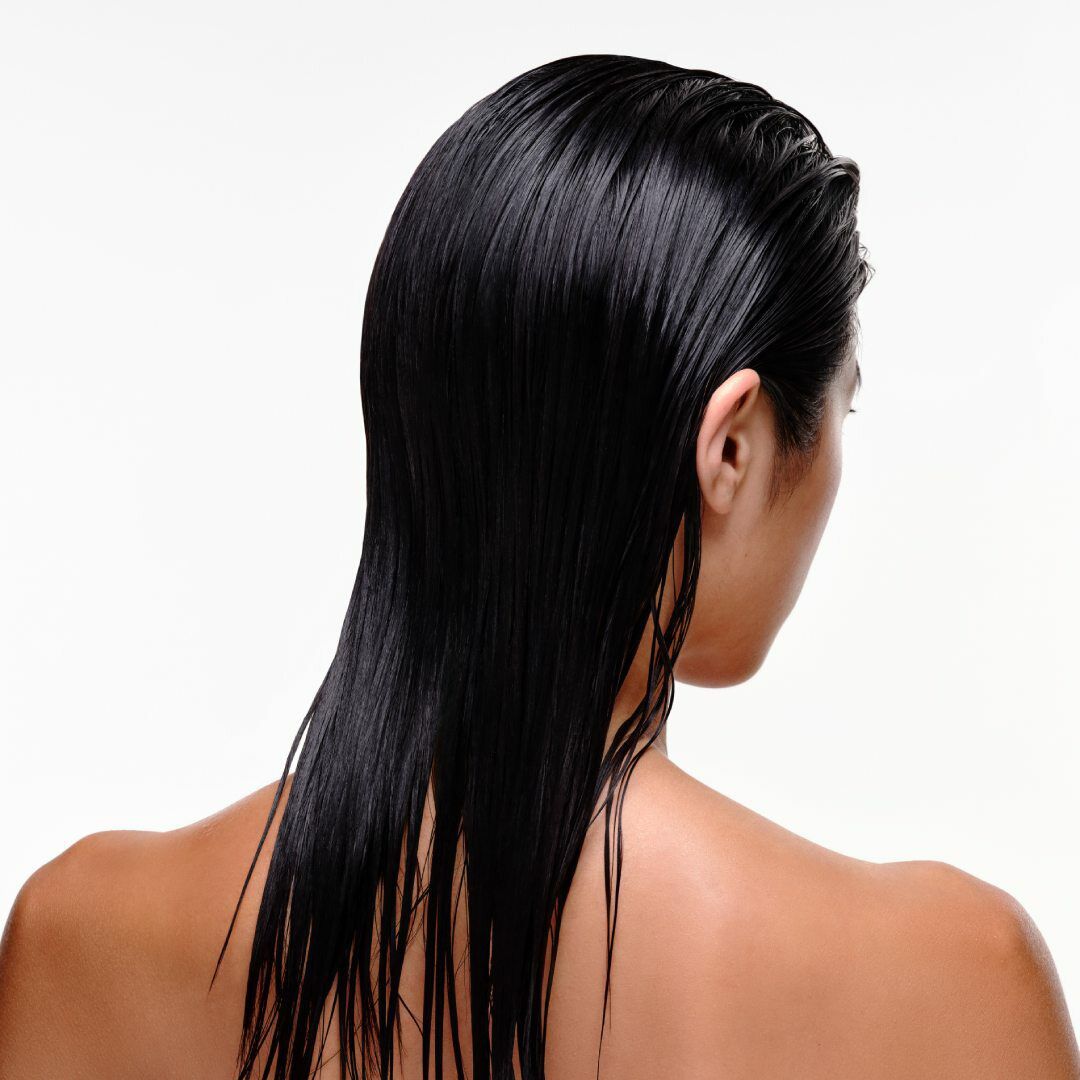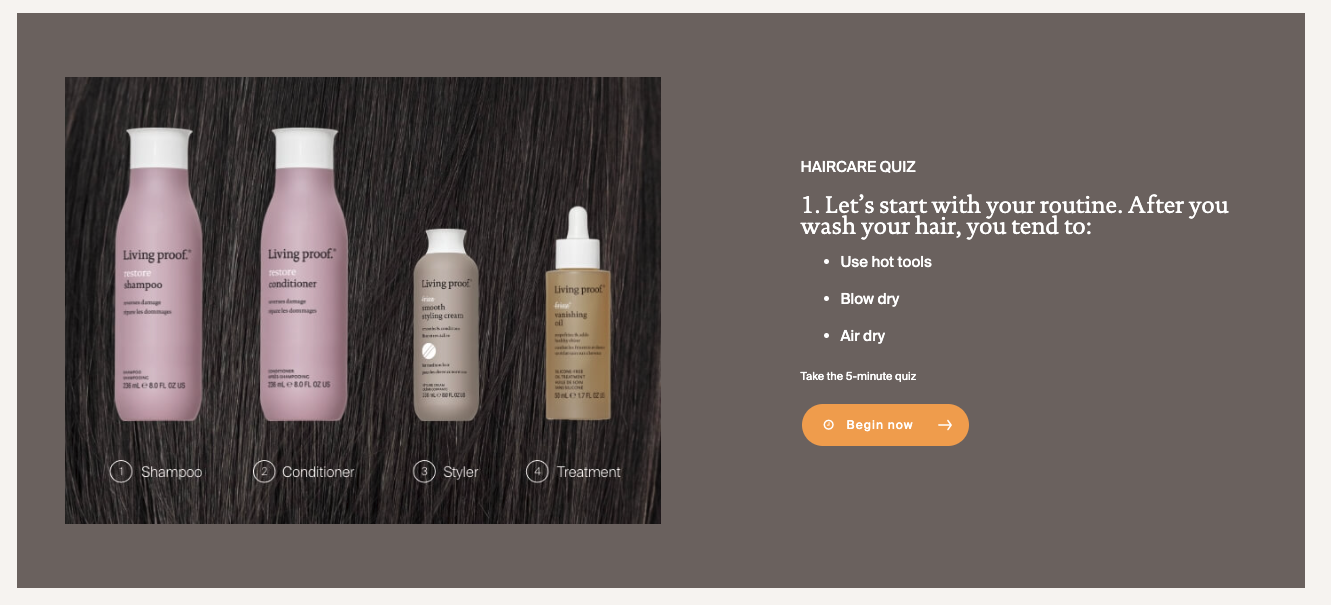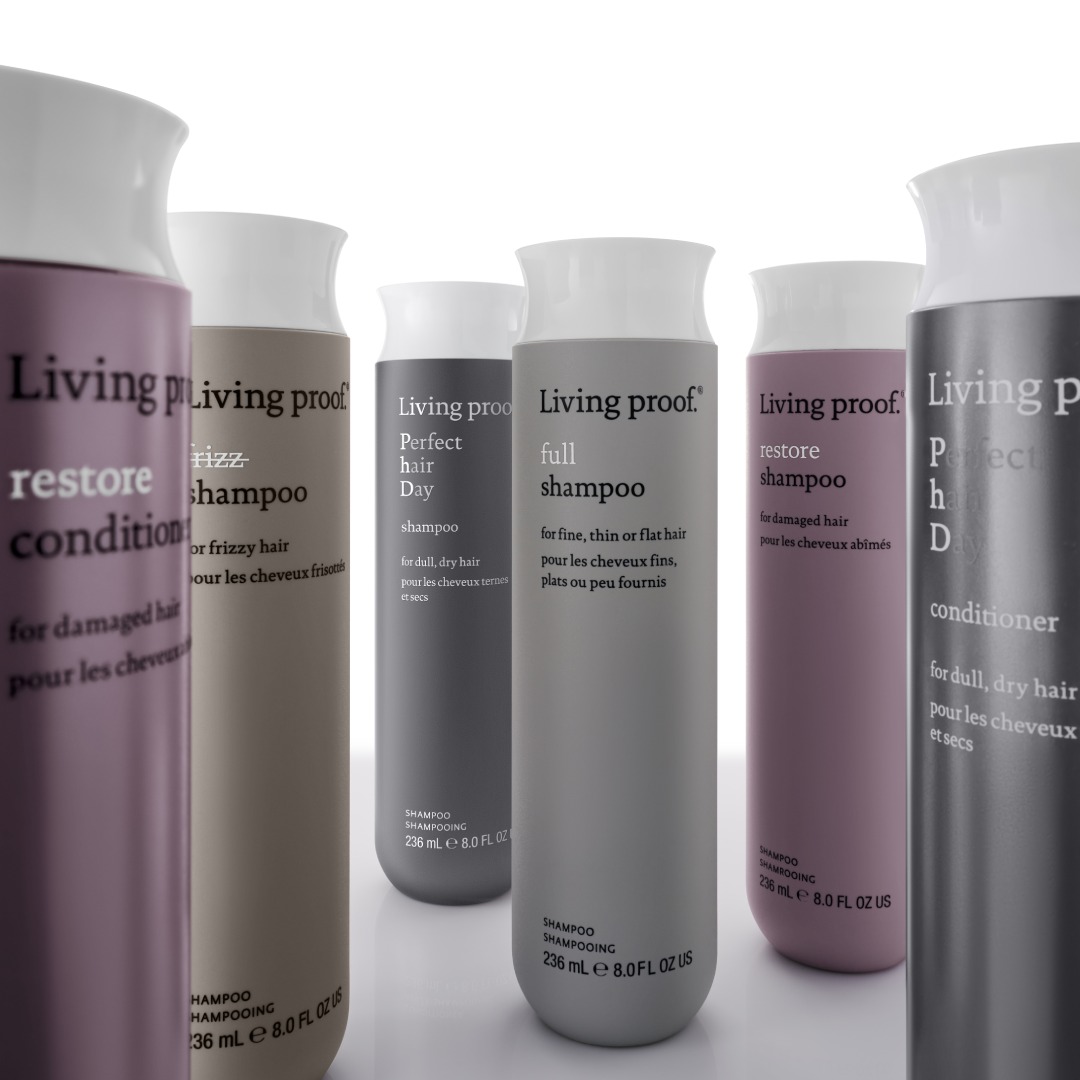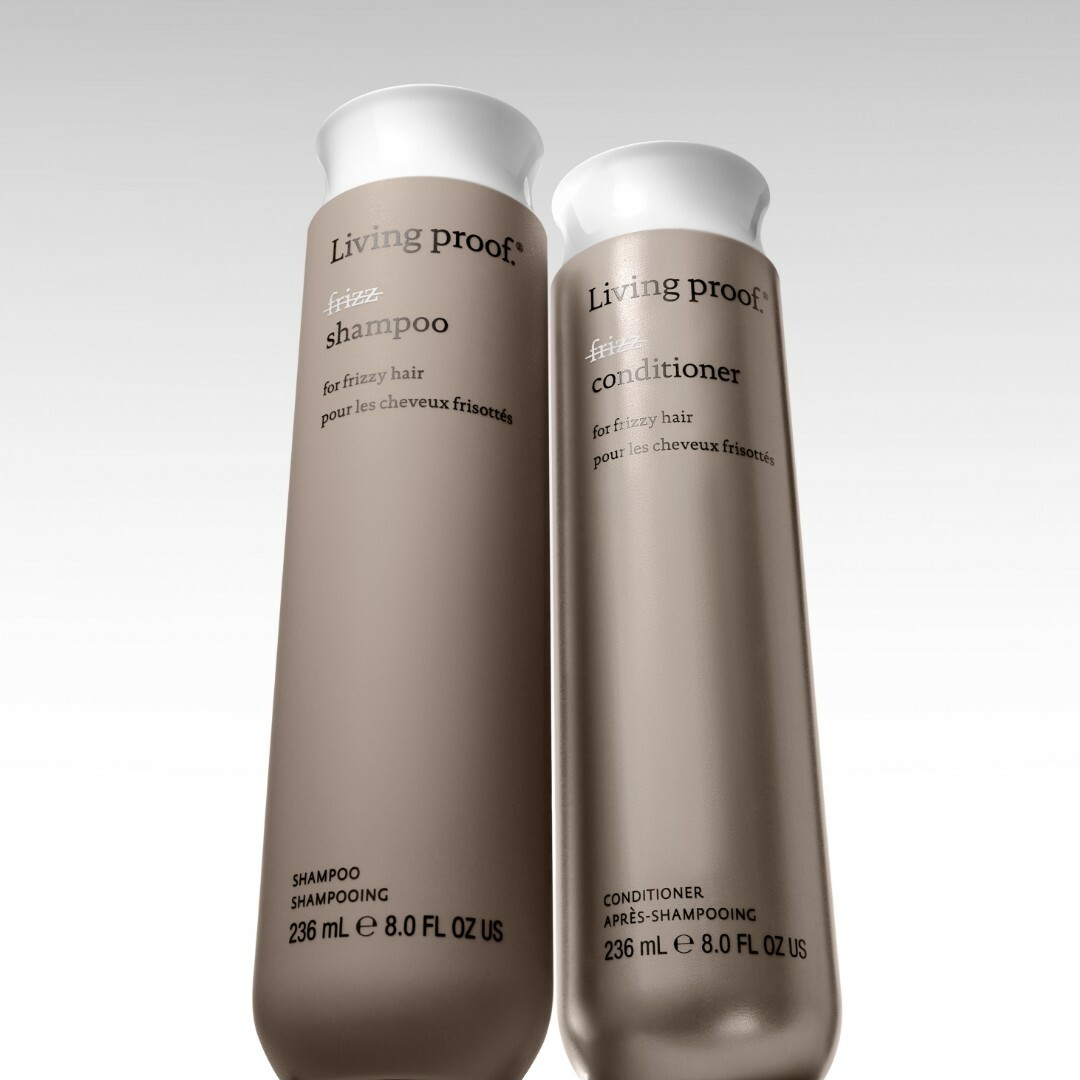
The anti-stress power of showers: the science behind their mood-boosting effects
Have you ever stepped into the shower at the end of a long, difficult day and felt your stress melt away as soon as the water hit your skin? It’s more than just a psychosomatic response — there’s compelling scientific evidence to suggest that taking a shower can help regulate the nervous system, relax muscles, and actually reduce stress levels. In fact, scientists have long studied the therapeutic benefits of bathing, with some of the earliest research dating back to ancient Greece.
Want to know why showering makes you feel better, and whether showers can help with anxiety? Let’s break it down.
Why do showers make you feel better?
Warm water has been used as a therapeutic tool for thousands of years, from ancient Roman baths to modern spa treatments. But beyond relaxation, there’s a strong physiological basis for why showering can relieve stress and boost your mood. The effects of temperature, water pressure, and sensory stimulation all play a role in helping you transition from a state of tension to one of relaxation.
One of the key reasons taking a hot shower feels soothing is the effect of heat on circulation and muscle relaxation. Warm water causes vasodilation, or the widening of blood vessels, which improves blood flow and reduces muscle tension. This is one reason why heat therapy is often used for pain relief — it helps alleviate muscle stiffness, which is exacerbated by stress.
Beyond temperature, showers also provide a unique form of sensory stimulation that can influence your mood and stress levels. The tactile sensation of water droplets on your skin can have a soothing effect, similar to how massage therapy works by engaging the nervous system to reduce perceived stress. The sound of running water is also linked to white noise, which can quiet mental chatter.
Beyond its psychological and physiological effects, showering can be a great way to jumpstart your day, unwind before bed, or just reset. It’s also a good opportunity to practice mindfulness, shifting your attention away from anxious thoughts and into the present moment.
3 ways taking a shower can improve your mood
More than just a way to unwind, taking a shower — whether hot or cold — can have a real impact on your mood, stress levels, and overall mental well-being. Here are just a few ways showering can improve your mood:
- Lower stress and anxiety levels: Showering provides both physical and psychological stress relief. Warm water helps relax muscles, reducing the physical tension often caused by stress, while the sensory experience of water running over your skin can have a calming effect.
- Better sleep quality: A warm shower before bed can help prepare you for sleep by regulating your core body temperature. After stepping out of the shower, your body cools naturally, signaling to your brain that it’s time to rest. This mimics the natural cooling process of your body’s circadian rhythm, making it easier to fall asleep faster and stay asleep longer.
- Hormone regulation: Warm showers can stimulate the release of oxytocin, a hormone linked to bonding, emotional warmth, and relaxation. This form of hormone regulation can contribute to a sense of calm and contentment, even after you get out of the shower.
How do cold showers reduce stress?
When stress or anxiety hits, getting in the shower can be one of the easiest ways to decompress. But should you turn the temperature up or down? While a cold shower might seem like the opposite of what you’d want when you’re feeling anxious, science suggests it can actually help regulate your stress response.
According to one study, “Cold-water immersion triggers the release of important hormones and neurotransmitters, such as dopamine, serotonin, cortical, norepinephrine, and β-endorphins, which are all linked to the modulation of the neural responses to stress and other emotion-related circuits affected in depression, anxiety, and post-traumatic stress disorder.” Translation? Repeated exposure to cold water in the shower can improve your mood, reduce stress, and even regulate your brain’s response to anxiety and depression.
But that’s not all: Cold water immersion is also purported to improve circulation, reduce inflammation, and support workout recovery.
If you want to explore the supposed stress-relieving effects of a cold shower, prepare yourself for some initial discomfort. Cold showers cause an immediate stress response, which can feel intense if you’re already in a high-anxiety state, followed by a calming effect once your body has the chance to adapt. General rule of thumb dictates that cold showers should be short — two to three minutes should do the trick. If, at any point, you feel overstimulated, go ahead and gradually turn the dial back toward warm.
5 tips for taking a stress-free shower
A shower can be more than just a daily habit — it can be an opportunity to slow down and ease tension. By making a few adjustments, you can turn your shower into a stress-relief ritual. Here are a few tips to maximize the mood-boosting benefits of your next shower:
- Pamper yourself with high-quality products. Elevate your shower routine with high-quality, high-performance products designed to nourish your hair and skin. Whether it’s a hydrating shampoo or a volumizing conditioner, investing in the right products can transform your daily shower into an indulgent self-care moment.
- Add aromatherapy with a shower steamer or diffuser. Scent can have a direct impact on your mood, thanks to the way it interacts with the brain’s limbic system, which controls emotions and stress responses. Placing a shower steamer in the corner of your shower or keeping a diffuser on your bathroom counter — in soothing scents such as lavender or eucalyptus — can elevate your sensory experience and help ease tension.The products you choose can further enhance your relaxation. For example, with scents such as bergamot, green tea, and sheer musk, Living Proof’s full range of shampoos and conditioners help create an immersive in-shower experience that supports a sense of well-being.
- Practice breathing techniques. Your shower is the perfect place to focus on breathwork, an Eastern medicinal practice that uses breathing techniques to reduce stress. Try the 4-7-8 method — inhale for four seconds, hold for seven, and exhale for eight — or simply take slow, deep breaths while letting the warm water hit your back. As you breathe deeply, try applying an in-shower treatment such as a moisturizing hair mask or a high-shine gloss and allowing it to set, simultaneously eliminating stress and nourishing your hair.
- Upgrade to a rainfall shower head. The sensation of water cascading gently over your body mimics the calming effect of standing in a warm rain shower. A rainfall shower head creates a soft, even water flow that can feel less harsh and more therapeutic than your standard shower stream, making your shower feel even more like a spa experience.
- Install a water filter for a cleaner, gentler shower. Hard water can strip your skin and hair of its natural oils, leading to dryness and irritation, as well as causing greasy-looking buildup on the hair shaft. Installing a shower filter can remove harsh chemicals, minerals, and other impurities, creating softer water that’s gentler on your hair and skin — so you exit your shower feeling nourished and refreshed, rather than dry or itchy.

Take your showers to the next level with Living Proof
A shower is more than a way to wash off the day — it’s a chance to recharge, reset, and take care of yourself. Whether you prefer a steaming hot soak or a refreshing cold rinse, the right products can make your shower feel even more restorative.
Living Proof’s line of high-quality, scientifically formulated shampoos, conditioners, masks, and in-shower treatments are the perfect addition to any shower. With solutions for every hair type, texture, and concern, you can turn your everyday routine into a moment of indulgence, nourishing your hair while giving yourself the space to unwind.
Find the perfect products for your next shower by taking our free haircare quiz.
- Social Psychological and Personality Science, “Actual Cleaning and Simulated Cleaning Attenuate Psychological and Physiological Effects of Stressful Events, https://journals.sagepub.com/doi/abs/10.1177/19485506221099428.”
- Sustainable Water Resources Management, “Historical issues of hydrotherapy in thermal–mineral springs of the Hellenic world, https://link.springer.com/article/10.1007/s40899-022-00802-1.”
- Cleveland Clinic, “Vasodilation, https://my.clevelandclinic.org/health/diseases/23352-vasodilation.”
- Sleep Foundation, “Showering Before Bed, https://www.sleepfoundation.org/sleep-hygiene/shower-before-bed.”
- Harvard Health Publishing, “Oxytocin: The love hormone, https://www.health.harvard.edu/mind-and-mood/oxytocin-the-love-hormone.”
- Psychiatry Online, “Cold-Water Immersion: Neurohormesis and Possible Implications for Clinical Neurosciences, https://psychiatryonline.org/doi/full/10.1176/appi.neuropsych.20240053.”
- NPR, “Ready to cold plunge? We dive into the science to see if it's worth it, https://www.npr.org/sections/health-shots/2023/10/08/1204411415/cold-plunge-health-benefits-how-to"
- AWCIMagazine, “Just Breathe: Using Breathwork for Wellbeing, https://awcim.arizona.edu/health_hub/awcimagazine/just_breathe_using_breathwork_for_wellbeing.html.”




